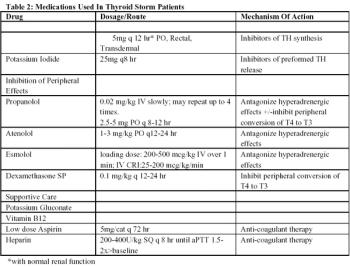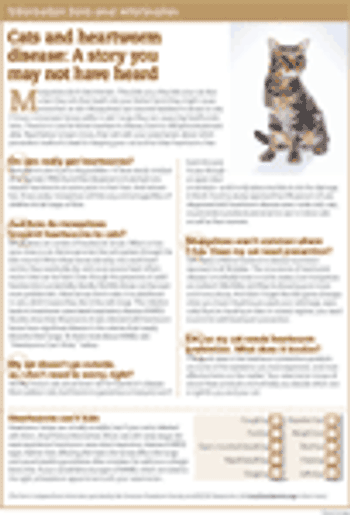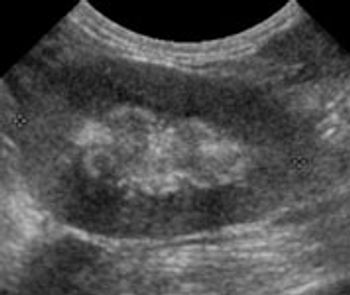
Failure to read all of the radiograph can result in serious oversights.

Failure to read all of the radiograph can result in serious oversights.

Feline systemic hypertension

Risk factors, signalment, diagnosis, treatment objectives, and prognosis for cats with pancreatitis.

Antithyroid medications, organic iodine compounds, surgery, 1311, percutaneous ethanol, and adjunct therapies.

Interesting feline cases

What works best for cats

Friend or foe?

The goal of orphan puppy and kitten care is to maximize the health, well being, and socialization of the puppy or kitten until they can be adopted.

The places we can go

Pathogenesis, diagnosis, and patient evaluation for a diabetic cat.

Stages, diagnostics, and treatment for renal disease.

Understanding hyperadrenocorticism and hyperaldosteronism

Clinical signs, clinicopathologic abnormalities, diagnosis, and treatment.

Fact, fiction, and speculation

Cats handle drugs in a different fashion than dogs.

The fat feline is a problem all practitioners face.

Heartworms can sneak up on cats-and you. Prepare yourself, then use a handout to start talking prevention with clients.

Hartford, Conn. - Veterinary medicine's leaders oppose a bill that seeks to outlaw non-therapeutic cat declawing in Connecticut and strip the licenses of DVMs caught violating the ban.

Chronic renal disease is one of the most common ultra-sonographic findings in older cats. If you're doing ultrasounds on cats, you're sure to see signs of chronic renal changes daily.

A new study examines how an accelerometer-based activity monitor may help researchers objectively measure a cat's mobility. This type of monitoring has potential in assessing the effectiveness of pain-relieving therapies for conditions such as osteoarthritis.

When an owner administers subcutaneous fluids at home, he offers the cat catnip at the same time.

Dr. C.W. Dewey gave an excellent lecture at the 2007 American College of Veterinary Internal Medicine Forum on ?Recent and Upcoming Developments with the New Anticonvulsant Drugs.?

A list of selected feline parasiticides.

Palm Springs, Calif. - The creation of cat-care guidelines for veterinarians and pet owners is the first in a series of steps aimed to reverse the trend of decreasing feline veterinary visits at a time of increasing cat ownership.

Schaumburg, Ill. - Cats get significantly less attention and veterinary medical care from their owners than dogs, according to a new study that offers statistics proving the discrepancy and looks into the reasons for it.